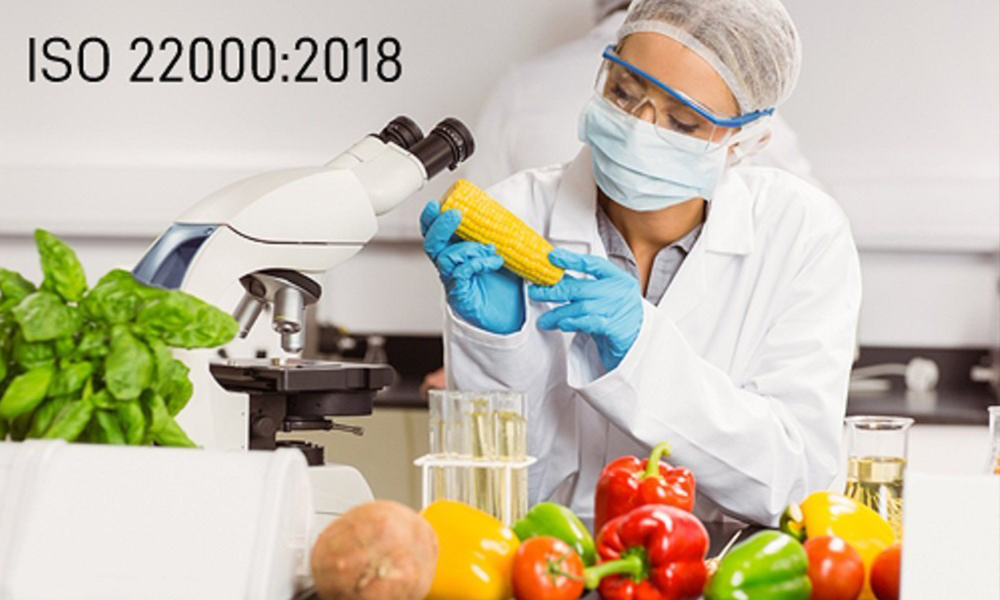ISO 22000 is the internationally recognized standard for food safety management systems (FSMS), developed by the International Organization for Standardization (ISO). This standard provides a framework for organizations across the food chain to manage food safety risks and ensure the safety of food products from farm to fork. ISO 22000 is applicable to all types of organizations involved in the food industry, including food producers, processors, packaging companies, distributors, and retailers.
ISO 22000 combines elements of Hazard Analysis and Critical Control Points (HACCP) with ISO’s structure for management standards, creating a proactive, process-driven approach to managing food safety. It follows the Plan-Do-Check-Act (PDCA) cycle, enabling organizations to systematically identify potential hazards, implement control measures, and verify the effectiveness of these controls. Additionally, ISO 22000 requires top management to be actively involved in establishing a food safety culture, setting objectives, and promoting continual improvement in food safety practices.
The certification process for ISO 22000 involves a rigorous third-party audit to ensure compliance with the standard’s requirements. Certification offers numerous benefits, including enhancing consumer trust, supporting regulatory compliance, and improving operational efficiency. Organizations certified to ISO 22000 demonstrate a strong commitment to food safety, which can reduce the risk of foodborne illnesses, prevent contamination, and protect public health. The standard also promotes transparency and traceability in the food supply chain, making it easier to track and address potential issues quickly.
ISO 22000 aligns with other management standards, such as ISO 9001 (Quality Management) and ISO 14001 (Environmental Management), allowing for integrated management systems. Its requirements for internal and external audits ensure ongoing compliance and accountability, making ISO 22000 a valuable tool for food industry organizations aiming to maintain high food safety standards. By following ISO 22000, organizations can establish a culture of food safety, continuously improve their FSMS, and safeguard their reputation in the market.



